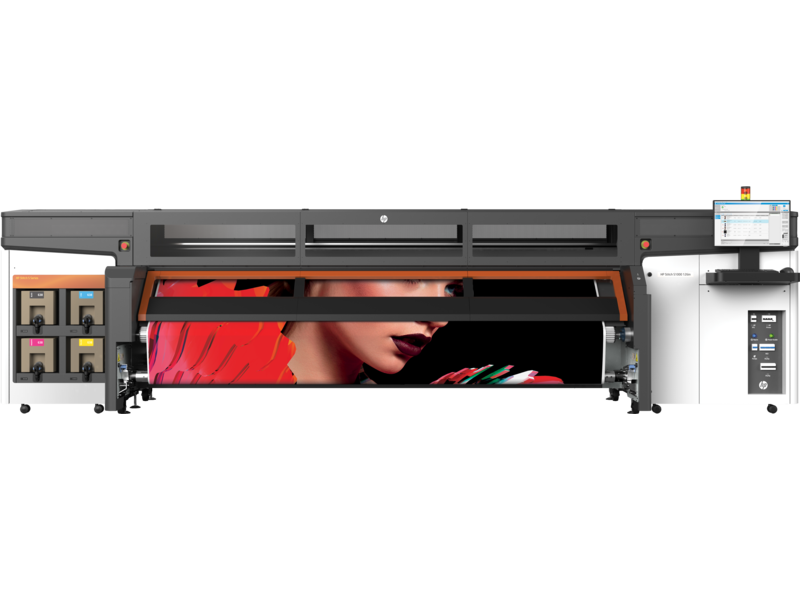If you’re wondering where can I find an HP Stitch dye sublimation printer training near me? This exhaustive guide will walk you through every step to help you find, evaluate, and attend the best training courses in your locality.

Table of Contents
Understanding the Importance of Training
The importance of undergoing proper training for operating an HP Stitch dye sublimation printer can’t be overstated. Here are specific reasons why:
Quality Assurance: Proper training ensures you understand all the settings and features of the machine, which directly affects the quality of your prints. Poor understanding can lead to uneven colors, misprints, and material wastage.
Cost Efficiency: By learning how to accurately calibrate your machine, you reduce waste of ink and materials. Over time, this translates into significant cost savings.
Troubleshooting: Training often includes how to address common issues like paper jams or color imbalances, saving you time and stress in resolving these issues without the need for external help.
Where to Look for an HP Stitch Dye Sublimation Printer Training Near Me
Finding the right HP Stitch dye sublimation printer training near you is the next step. Here are the places where you can look for reliable training:
Contact HP Directly: Most manufacturers, including HP, offer training services. Check their official website or call their customer service to inquire.
Local Suppliers: Many suppliers provide training as part of their customer service. Some even offer it for free or at a discounted rate if you purchased the printer from them.
Online Resources: Websites and forums may also have training recommendations. However, ensure you verify the credibility of these resources before enrolling.
Questions to Ask Before Enrollment
Before you enroll in any training program, there are key questions you need to ask:
Duration: Knowing how long the training will take helps you plan your schedule. Some courses are short but intensive, while others may be spread out over weeks.
Curriculum: Ask for a list of topics that will be covered. Make sure it includes all the aspects you’re interested in learning, such as setup, maintenance, and advanced features.
Cost: Get a clear understanding of the cost involved. Some training programs may have hidden costs for materials or certification.
Prerequisites: Some advanced courses require you to have basic knowledge or even a prequalification. Ensure you meet these criteria before enrolling.
Preparing for Training
Being well-prepared can help you get the most out of the training. Here are some steps you can take:
Read the Manual: Spend some time going through your printer’s manual to get acquainted with its basic functions. This will help you grasp advanced concepts more easily during the training.
Gather Materials: If the course requires you to bring your own materials like a laptop or specific software installed, make sure you have everything ready beforehand.
Check out these other articles…
HP Printer for Sublimation: A Comprehensive Guide
Can You Use an HP Printer for Sublimation? Detailed Answer
Sublimation Paper for HP Printer: Comprehensive 411 Guide
HP Laser Printers for Sublimation: Risks & Limitations
Sublimation Printer HP Officejet: Comprehensive 411 Guide
What to Expect During Training
Knowing what will happen during the training will set your expectations and help you learn more effectively. Here’s what a typical training program might include:
Basic Operations: You will usually start with the basics, such as turning the machine on and off, setting it up, and running test prints.
Advanced Techniques: The training should cover more advanced topics, including how to manage colors effectively, how to choose materials, and how to carry out regular maintenance.
Hands-On Practice: Good training programs will allow you to practice what you’ve learned, under supervision, so you can get immediate feedback.
Q&A Sessions: There should be opportunities to ask questions, clarify doubts, and even share experiences with other participants.
